When Shabi Adejumoke found out that an #EndSARS protest was being held, she immediately got in her car and drove straight to the Nigerian Embassy in Northwest D.C. On the way there, she called her boss and clients to inform them that she would be a few hours late to work.
“Even if it doesn’t really change anything, there’s a satisfaction I have in my heart that I did my part for change and justice for the lives that have been lost,” Adejumoke said. “That’s why I did what I did. That’s why this means the world to me.”
Adejumoke is one of hundreds that congregated in front of the embassy gates Sunday in support of the #EndSARS movement, a series of protests against Nigeria’s Special Anti-Robbery Squad currently spreading across Nigeria and its diasporas.
-

Shabi Adejumoke holds a sign that playfully criticizes Buhari. The phrase “Soro Soke,” meaning “speak louder” in Yoruba has become a common phrase in the anti-SARS movement.
‘We are tired. Nigeria needs help.’
Calls to disband the undercover unit of the Nigerian Police Force started on Twitter in 2017 after reports of SARS agents abusing their power to extort money and terrorize citizens. Created in 1992 to investigate violent crimes, the unit was “reorganized” by Inspector General Ibrahim Idris following the 2017 demonstrations and pressure from Amnesty International.
The movement revitalized on Oct. 3 after a viral video showed SARS agents fatally shooting a young man in Delta State. This sparked a series of mass demonstrations in Nigerian cities as citizens shared their experiences with SARS officers extorting bribes, sexually assaulting women, brutalizing young men and other abuses of power.
When Aminat Adedeyinbo and her cousin found out about the protests from relatives in Nigeria, they were inspired to bring the movement to D.C. They decided to contact the club promoters that typically sponsor parties in the DMV area to help mobilize the Nigerian-American community.
“The DMV is full of Nigerians and we figured if they can come out for parties, they can come out to this,” said Nonye Emecheta, one of the organizers.
Fellow organizer Emma Samuel said the American diaspora has a responsibility to use its visibility in the West to raise awareness for serious issues back in Nigeria. Adedeyinbo echoed this sentiment and said she hopes that demonstrations in the West inspire foreign governments to intervene.
“This fight is beyond Nigeria now, we’re calling on international bodies to intervene,” she said. “We are tired. Nigeria needs help.”
To date, protests have also taken place at embassies in London, Dublin, New York City, Waterloo and Southfield, Michigan.
‘Now they want to shoot us.’
Abiodun Durosinmi sees police misconduct as one of many “symptoms” of Nigeria’s bad governance, “not the root of it.” He attended the protest to express support for the movement and spontaneously decided to address the crowd.
Durosinmi said the battle against corruption is an inherited fight that past generations have been fighting — one that started as a war on the British colonial regime and became a battle against the neocolonial structures that continue to oppress the Nigerian people.
Speaking for over 10 minutes, he advocated for decreasing the salaries of senior government officials and redistributing it to other civil servants, like policemen. Durosinmi argued that police officers resort to bribes and other forms of corruption “as a result of poverty and low standard of living.”
“Police personnel are like you and I. They are as hungry as I am. They are as angry as I am,” Durosinmi said. “If you don’t give quality of life to the man wearing the uniform, the man carrying the weapon, you will never see the desired change.”
This sentiment has been echoed across the movement as criticism for President Buhari and other senior officials continues to increase. Buhari announced the disbandment of SARS in a tweet on Oct. 11, but protests continue as many argue that, without structural change, the disbandment of the unit will change very little for Nigerian citizens.
PRESIDENTIAL DIRECTIVE: The Special Anti-Robbery Squad (SARS) of the Nigeria Police Force @PoliceNG has been dissolved WITH IMMEDIATE EFFECT.
The Inspector General of Police will communicate further developments in this regard.
— Presidency Nigeria (@NGRPresident) October 11, 2020
Adedeyinbo and other organizers said that they will continue to organize protests in D.C. on a weekly basis until “people start to really listen.” Sunday’s demonstration was the second protest held at the embassy.

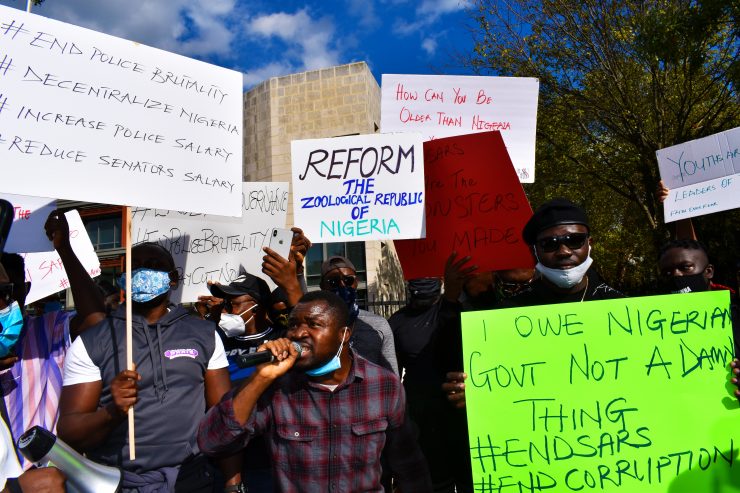

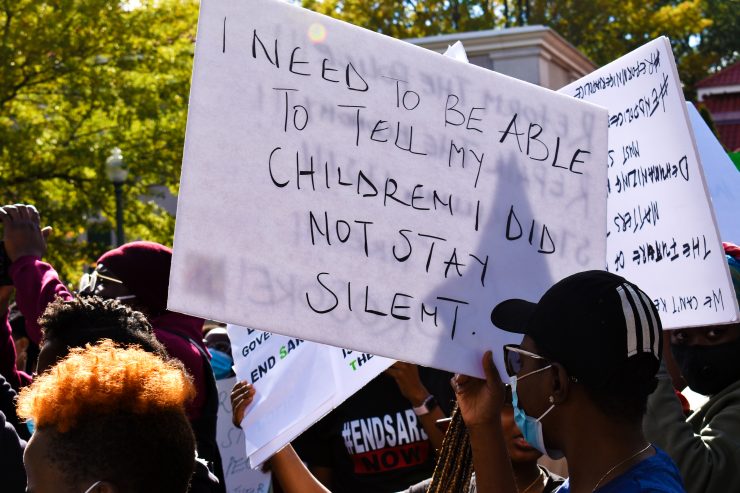
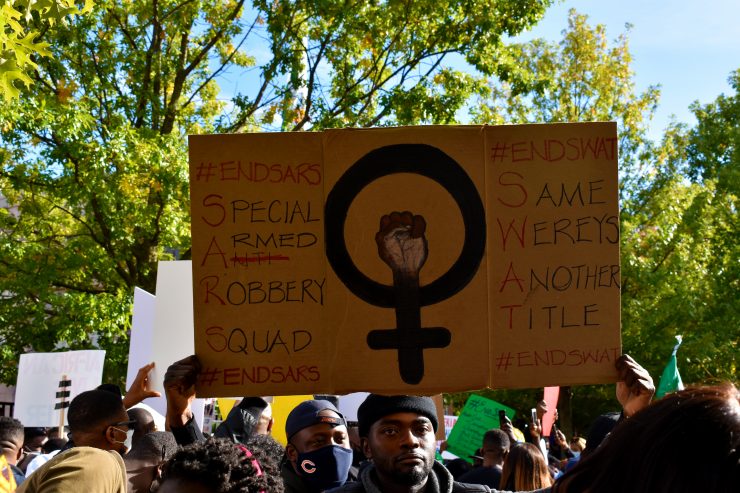
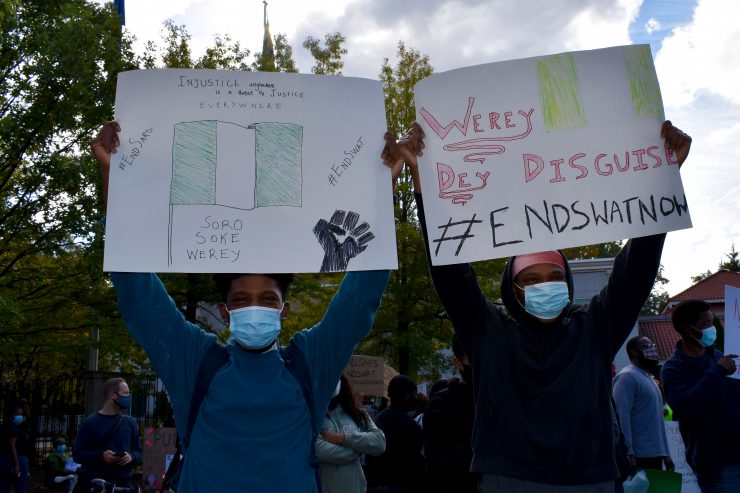
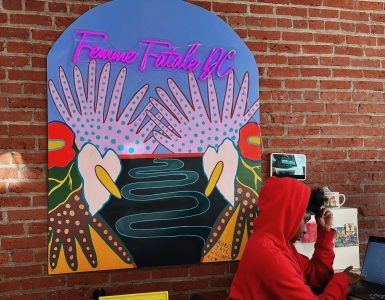












Add comment